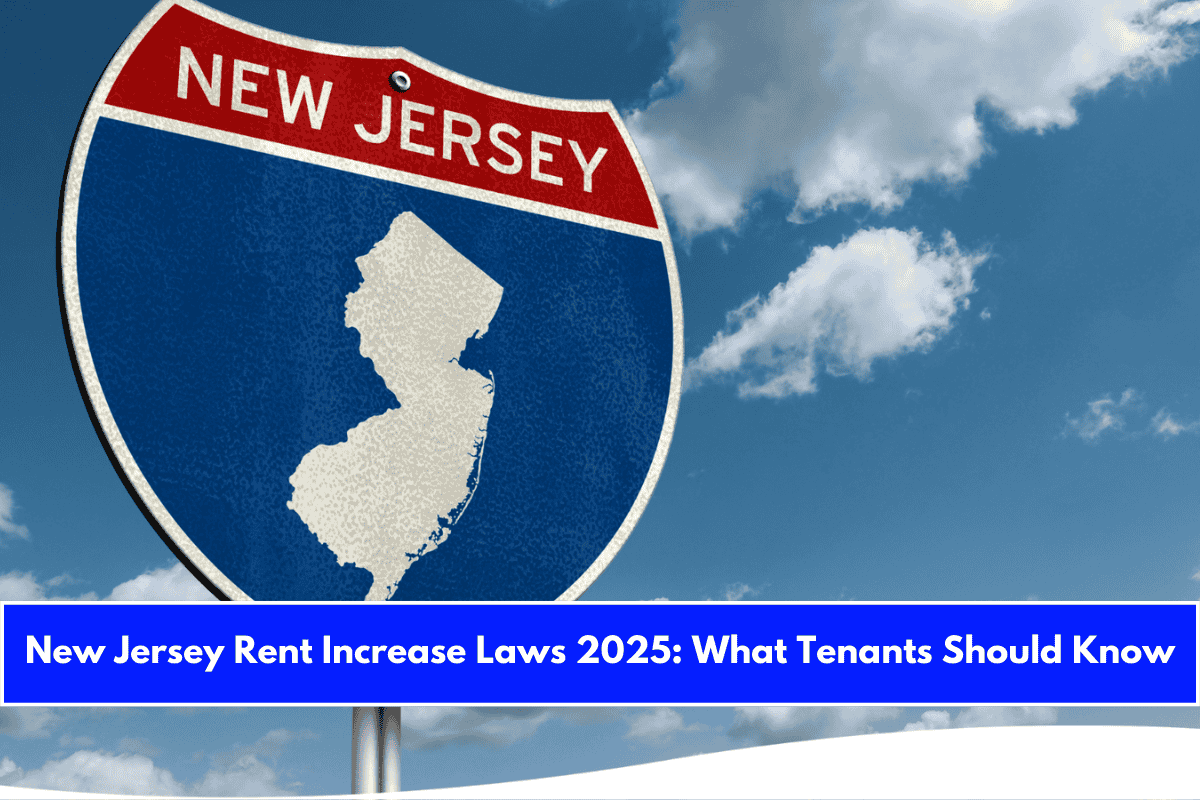As of 2025, New Jersey does not have a statewide rent control law or a universal cap on rent increases. This means that, in towns and cities without local rent control ordinances, landlords can raise rent by any amount they choose-provided the increase is not “excessive or unconscionable” and proper notice is given.
However, over 100 municipalities in New Jersey have their own rent control laws, covering about two-thirds of the state’s rental units. These local ordinances set specific limits on how much and how often rent can be increased.
Typical Local Rent Increase Limits
Local rent control ordinances generally cap annual rent increases between 2% and 6%, often tying the maximum to the Consumer Price Index (CPI). Examples from major cities include:
| City | Annual Rent Increase Cap | Notes |
|---|---|---|
| Newark | 4% or CPI, whichever is lower | Applies to buildings with 3+ units |
| Jersey City | 4% or CPI, whichever is lower | Applies to buildings with 3+ units built before 1987 |
| Paterson | 5% (3.5% for seniors/disabled) | Applies to buildings with 3+ units |
| Elizabeth | 3% or $20, whichever is less | |
| Lakewood | 6.5% (landlord pays heat), 5% (tenant pays heat) | |
| Highland Park | 3.55% for 2025 | Based on CPI, capped at 5% |
Note: Many towns have their own formulas or exceptions, so tenants should always check with their local rent control board or housing office for specific rules.
Notice Requirements
- Month-to-Month Leases: Landlords must provide at least 30 days’ written notice before a rent increase takes effect.
- Longer Leases: For annual or multi-year leases, 60 to 90 days’ notice is typically required before the lease expires.
- Delivery: Notice must be provided in writing, either by certified mail, hand delivery, or regular mail.
Some cities require longer notice periods, so always check local rules.
When Can Rent Be Increased?
- Only at Lease Renewal: Rent cannot be raised during an active lease term. Increases can only take effect at the end of a lease or when a month-to-month lease renews.
- Frequency: In most rent-controlled areas, landlords can only raise rent once per year.
Exemptions from Rent Control
Certain properties are exempt from local rent control, including:
- New Construction: Buildings completed after a local ordinance’s effective date (typically exempt for 30 years).
- Owner-Occupied Small Buildings: Usually, owner-occupied buildings with 2–4 units.
- Condos, Co-ops, Single-Family Homes: Often not covered, especially if individually owned.
- Hotels, Motels, Dorms: Not subject to rent control.
Landlords must disclose to tenants if a unit is exempt from rent control before signing a lease.
Challenging or Disputing a Rent Increase
- Tenants in rent-controlled areas can challenge illegal or excessive increases by contacting their local rent control board or housing authority.
- Landlords cannot retaliate (evict or harass) tenants for disputing a rent increase.
Special Considerations
- Capital Improvements/Hardship: Landlords may petition for higher increases to cover major repairs or financial hardship, but this requires approval from local authorities.
- Public/Subsidized Housing: Additional protections apply; rent increases are usually capped at a percentage of the tenant’s income.
Key Takeaways for 2025
- No statewide rent cap-local rules govern in many cities.
- Check your city’s ordinance for exact limits and procedures.
- Proper written notice is always required.
- Certain buildings are exempt-ask your landlord if unsure.
- Tenants have rights to challenge illegal increases and are protected from retaliation.
If you’re unsure about your rights or your city’s rent control status, contact your local rent control board or a tenant advocacy organization for guidance.
Sources:
- https://www.doorloop.com/laws/new-jersey-rent-control-laws
- https://www.steadily.com/blog/rent-increase-laws-regulations-new-jersey
- https://www.hemlane.com/resources/new-jersey-rent-control-laws/
- https://www.steadily.com/blog/how-much-can-a-landlord-raise-rent-in-new-jersey
- https://www.hpboro.com/residents/rent-control











Leave a Reply